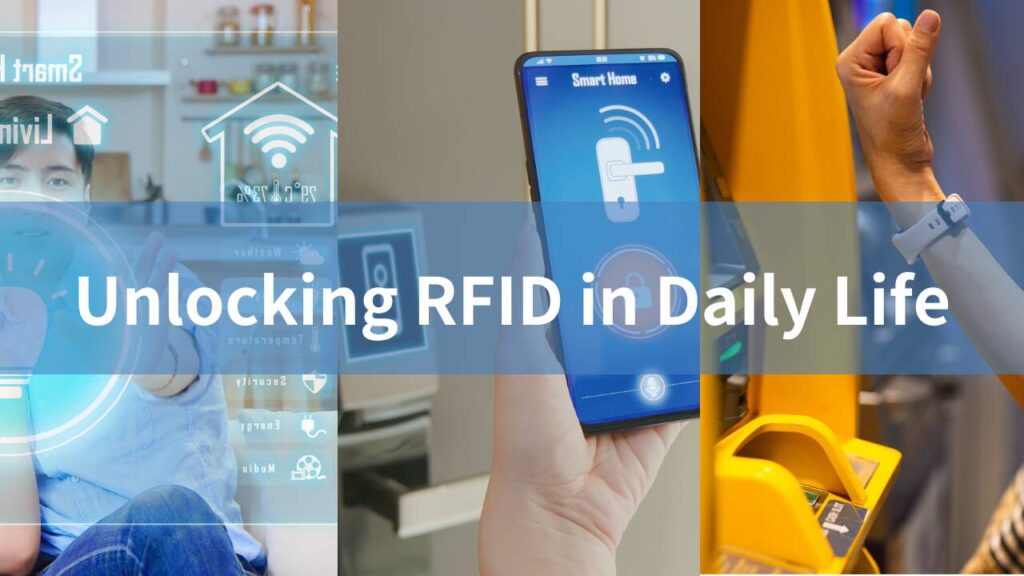Unlocking RFID in Daily Life

Unlocking RFID in Daily Life RFID in Everyday Technology: Revolutionizing Everything from Retail to Smart Homes This blog provides a comprehensive introduction to the numerous applications of RFID technology in daily life. From enhancing retail experiences and streamlining logistics, to transforming modes of travel and boosting security, RFID technology is subtly altering our day-to-day existence. Its application in smart homes and healthcare is set to deliver unprecedented experience and convenience. Let’s explore how RFID technology influences and improves our daily lives! Facebook LinkedIn WhatsApp RFID (Radio Frequency Identification) technology uses electromagnetic fields to automatically identify and track tags attached to objects, which have electronic information stored within them. This wireless, automatic data transmission and tracking method has made RFID an indispensable part of various daily technologies and has profoundly changed the way we interact with the world
